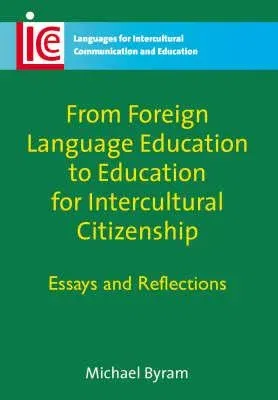Michael Byram
(Author)From Foreign Language Education to Education for Intercultural Citizenship: Essays and ReflectionsHardcover, 27 May 2008

Qty
1
Turbo
Ships in 2 - 3 days
In Stock
Free Delivery
Cash on Delivery
15 Days
Free Returns
Secure Checkout

Part of Series
Languages for Intercultural Communication and Education
Part of Series
Languages for Intercultural Communication & Education
Print Length
288 pages
Language
English
Publisher
Multilingual Matters Limited
Date Published
27 May 2008
ISBN-10
1847690793
ISBN-13
9781847690791
Description
Product Details
Author:
Book Format:
Hardcover
Country of Origin:
GB
Date Published:
27 May 2008
Dimensions:
21.34 x
14.99 x
2.29 cm
Genre:
Education
ISBN-10:
1847690793
ISBN-13:
9781847690791
Language:
English
Location:
Clevedon
Pages:
288
Publisher:
Series:
Weight:
476.27 gm